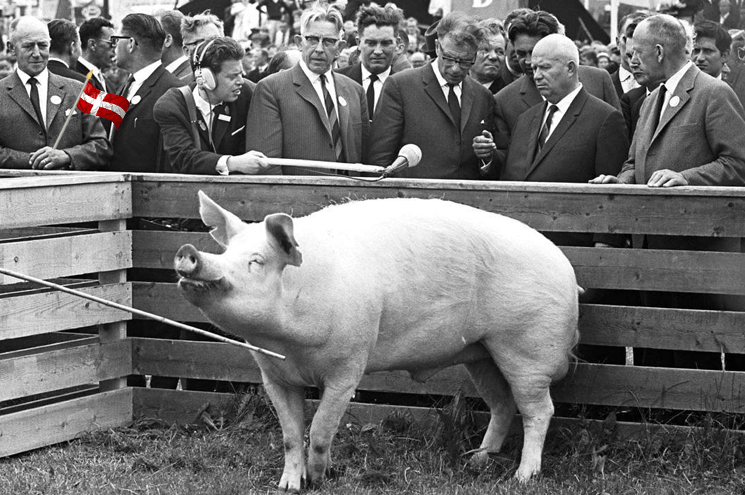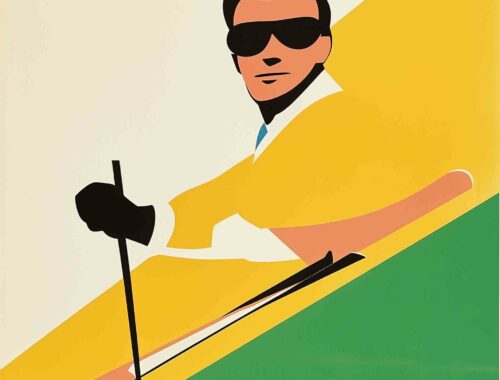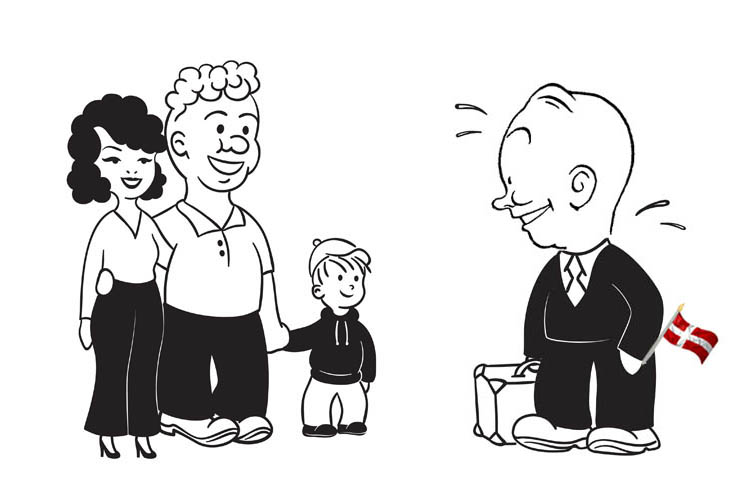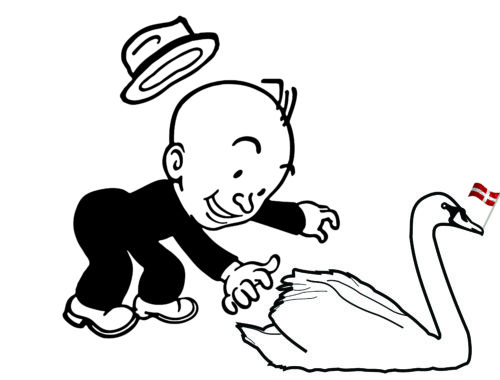Calling somebody a pig is an insult in most places, and it is in Denmark, too. You can call your ex-lover or your political opponent et svin – that means pig in Danish. Do something really low and immoral, like cheating in a soccer game, and it’s called svinestreg, a pig stroke.
And when you behave really badly, you’re letting out your inner svinehund, your inner pig-dog.
And so on. But pigs are loved in Denmark, too.
First of all, there are more pigs than people – about twenty million pigs to five million humans. That’s the highest pig-to-person ratio in the world. Now, most of the pigs are invisible to your average Copenhagen sophisticate. They live out on big factory farms in the countryside. But they bring in billions of kroner a year from exports to places like Germany, the UK and China.
Pigs are not just big business. Despite what you may have read in glossy magazines about the New Nordic Cuisine, featuring exotic berries and reindeer, most Danish supermarkets feature a great deal of pork.
✚ A Persian carpet of pork
There is the sausage section, with dozens of different pig-related sandwich toppings. My favorite is rullepølse, which is made up of pink and white swirls, sort of like a Persian carpet of pork.
That’s just to look at; I don’t actually eat it.
I also don’t eat flæskesteg, which is crunchy fried roast pork. Basically fat plus bone. It is sometimes called the national dish, and is very popular. When I used to work at a large Danish company, they would serve it in the canteen. All the foreigners would have soup for lunch that day.
But there are more and more foreigners in Denmark now, and that’s threatening the pigs’ power base. Muslims, of course, do not eat pork, and many kindergartens are now not serving pork at all, so they don’t have to make a separate dish for the Muslim kids or serve them soup for lunch that day.
Denmark has not gone as far as the Netherlands, which has eliminated piggy banks for children in order to avoid offending Muslim customers.
That’s because children in Denmark put their extra change into a penguin, the plastic mascot of the biggest local bank. Penguins, apparently, don’t offend anyone.
.
Buy Kay’s books about Denmark on Amazon, Saxo, Google Books, Apple Books, Barnes & Noble Nook, or via our webshop.
Image mashup copyright Kay Xander Mellish 2025





